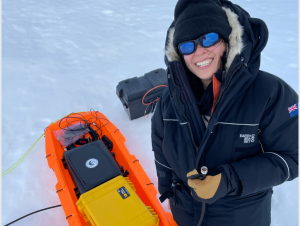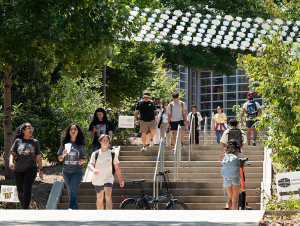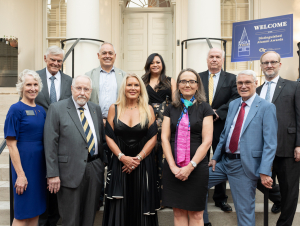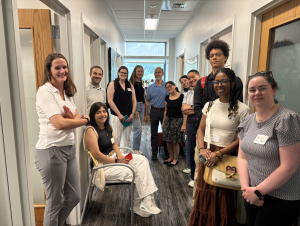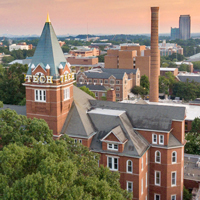Latest News
Georgia Tech researchers are developing solutions to monitor and forecast flooding, as well as restore ecosystems to prevent future flooding. These efforts support communities’ resilience in the face of climate change and keep the U.S. secure.
The grant will support Chu as she uses radar data and generative AI to map temperatures beneath the Antarctica ice sheet, aiming to improve climate predictions, support coastal planning, and train future scientists through open-access tools and education.
The new bachelor’s degree brings together essential elements of both mathematics and computing training and includes the applications of mathematical theories relevant to computing and data, as well as the theoretical problems and real-world challenges that modern computing addresses.
The 2025 round of Sustainability Next Research Seed Grants has been awarded to 17 transdisciplinary research teams representing a vibrant network of 51 collaborators from across Georgia Tech. These teams span 21 unique units from six of the seven Colleges, including Schools, research centers, and Interdisciplinary Research Institutes.
The College of Sciences’ community came together to celebrate the inaugural Distinguished Alumni Awards, recognizing the diverse achievements and inspiring journeys of eight alumni.
The inaugural cohort of Georgia Tech’s Ph.D. program in Neuroscience and Neurotechnology includes both transfers from other Georgia Tech graduate programs and students new to the Institute.



